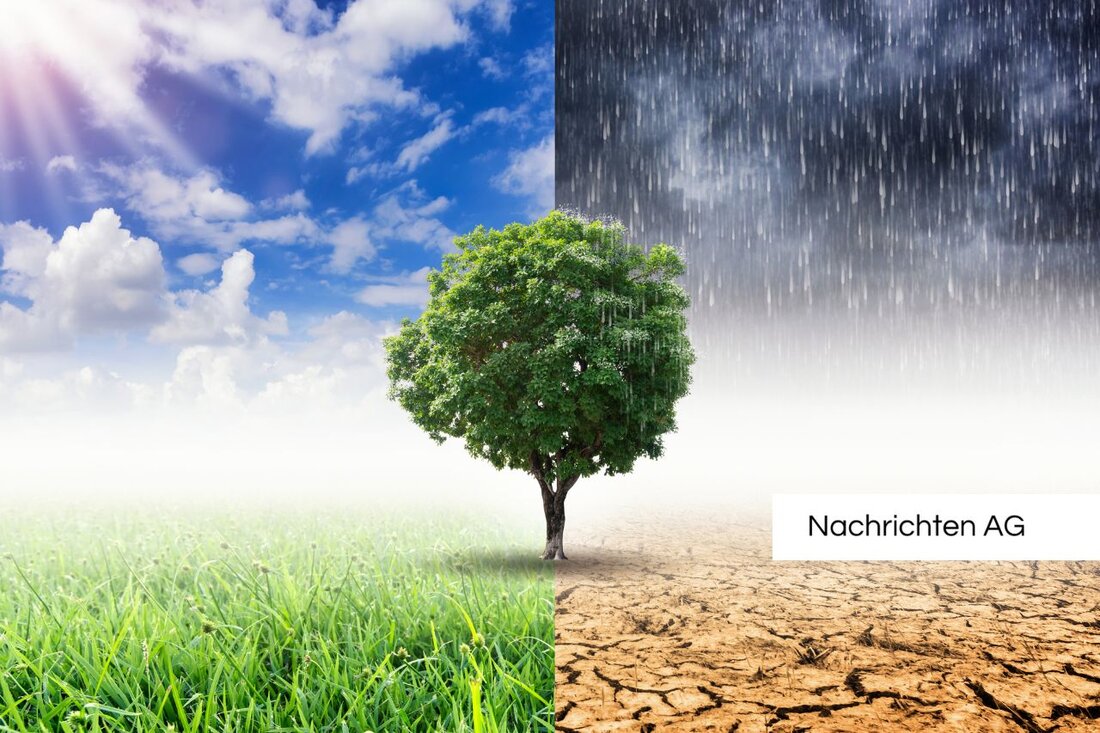Research in the Arctic: Professor Rex wins renowned science prize!
Prof. Markus Rex from the University of Potsdam receives the NOMIS Award 2025 for his research on the Arctic and cloud processes.

Research in the Arctic: Professor Rex wins renowned science prize!
On October 17, 2025, Prof. Markus Rex, a leading atmospheric researcher at the Alfred Wegener Institute (AWI) and professor of atmospheric physics at the University of Potsdam, will be awarded the prestigious NOMIS Award. This prize is one of the most highly endowed international science prizes and is being awarded to Germany for the third time this year, but for the first time to a Helmholtz center. Rex, who led the MOSAiC expedition from fall 2019 to fall 2020, is recognized for his interdisciplinary research examining the interplay of the ocean, ice, atmosphere and ecosystem in the Arctic.
The MOSAiC expedition included hundreds of scientists from 19 countries. It aims to gain a better understanding of the complex processes in the Arctic that are crucial to the global climate.
Deepening into cloud processes
Rex will invest the prize money in his new project “Deepcloud,” which aims to quantify the response of clouds to global warming. Artificial intelligence is used to model cloud processes and use new observation data from the AWI polar stations and satellite data.
A key challenge in climate research is understanding aerosols, which have a significant influence on cloud formation and the climate. These tiny particles play an essential role in the Arctic's heat balance. Hydrogen vapor condenses on aerosols, which affects the freezing of water droplets and thus leads to the formation of snowflakes. Despite advancing research on aerosols, particularly within the MOSAiC project, knowledge of their composition and sources in the Central Arctic during winter remains limited. [MOSAIC Expedition] reports that one of the main substances forming aerosols in the Central Arctic is dimethyl sulfide. This gas is produced by metabolic processes of algae and other marine microorganisms.
Iodine and its effects
In addition, a research team from the CLOUD research network confirms that iodine from the open sea could promote cloud formation. These iodine vapors, enhanced by sea ice melt, are capable of forming aerosol particles that act as condensation nuclei for clouds. Given that over two-thirds of the Earth is covered by clouds and their properties influence global temperature, it is of great importance to understand how human activities and natural processes interact to influence aerosol formation.
The CLOUD experiment, conducted by an international consortium of 21 institutes, studies these processes in one of the purest experimental environments in the world. The scientists have shown that iodine aerosols can form faster than other types, potentially leading to a vicious cycle: Melting pack ice leads to more iodine in the atmosphere, which in turn accelerates cloud formation and sea ice melt.
Overall, current research shows that the complex interactions between aerosols, cloud formation and climate in the Arctic continue to be central to understanding global warming. The NOMIS Award, which is now being presented to Prof. Rex, represents a significant step in addressing these scientific questions.

 Suche
Suche
 Mein Konto
Mein Konto